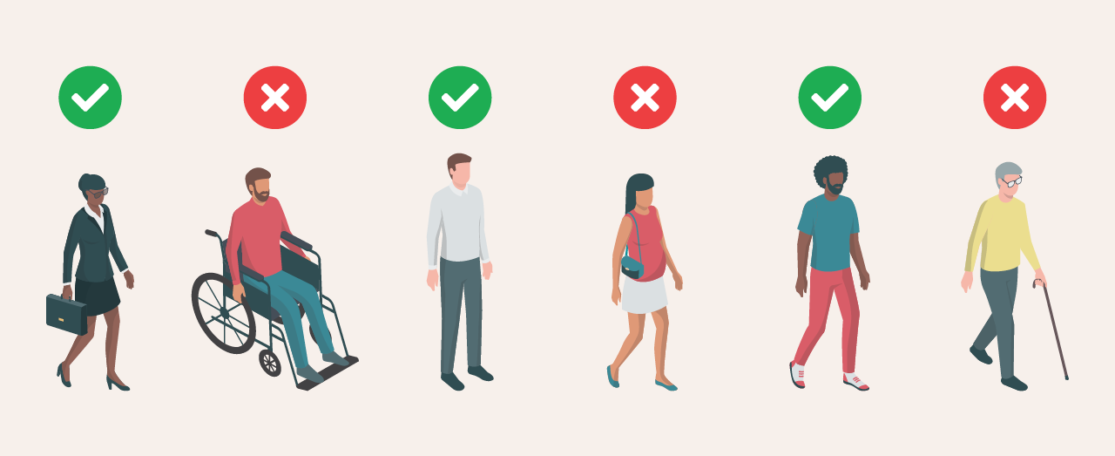
Discrimination
As a “worker” you are protected under employment law against discrimination in the workplace. The law against discrimination is found in the Equality Act 2010. The Act describes the types of discrimination as protected characteristics;
- Age
- Disability
- Victimisation
- Gender reassignment
- Sexual harassment at work
- Marriage and civil partnership
- Pregnancy and maternity
- Race
- Religion or belief
- Sex
- Sexual orientation
What kind of discrimination behaviour is unlawful?
There are four different types of behaviour that breach Bangladesh employment law.
Direct discrimination
This may have taken place if the employee is treated badly at work as a direct result of having a “protected characteristic” e.g. if the employee is demoted, or receive a pay cut, because the employee has become pregnant.
Indirect discrimination
Occurs when the employee is treated negatively at work in a way that is indirectly linked to a “protected characteristic” e.g. if the employee is unable to work full-time due to a disability, and the employer decides not to pay any bonuses to part-time employees, this might be indirect discrimination. Indirect discrimination can occur in many different circumstances. It might not be immediately obvious if this type of discrimination is taking place, and a lawyer can assist.
Harassment
If the employee is treated in a way that makes him feel intimidated, humiliated or degraded at work because of his “protected characteristic”, this may be harassment. Whether the circumstances are intimidating, humiliating or degrading depends on how the situation makes the employee feel, rather than the intentions of those who might be making the employee feel this way.
Victimisation
If the employee is treated in a negative way at work because he has done something to trigger this e.g. brought, or threatened to bring an employment tribunal claim, helped a colleague to bring an employment tribunal claim or has complained about treatment at work that he considers to be harassment, he may be being victimised.
